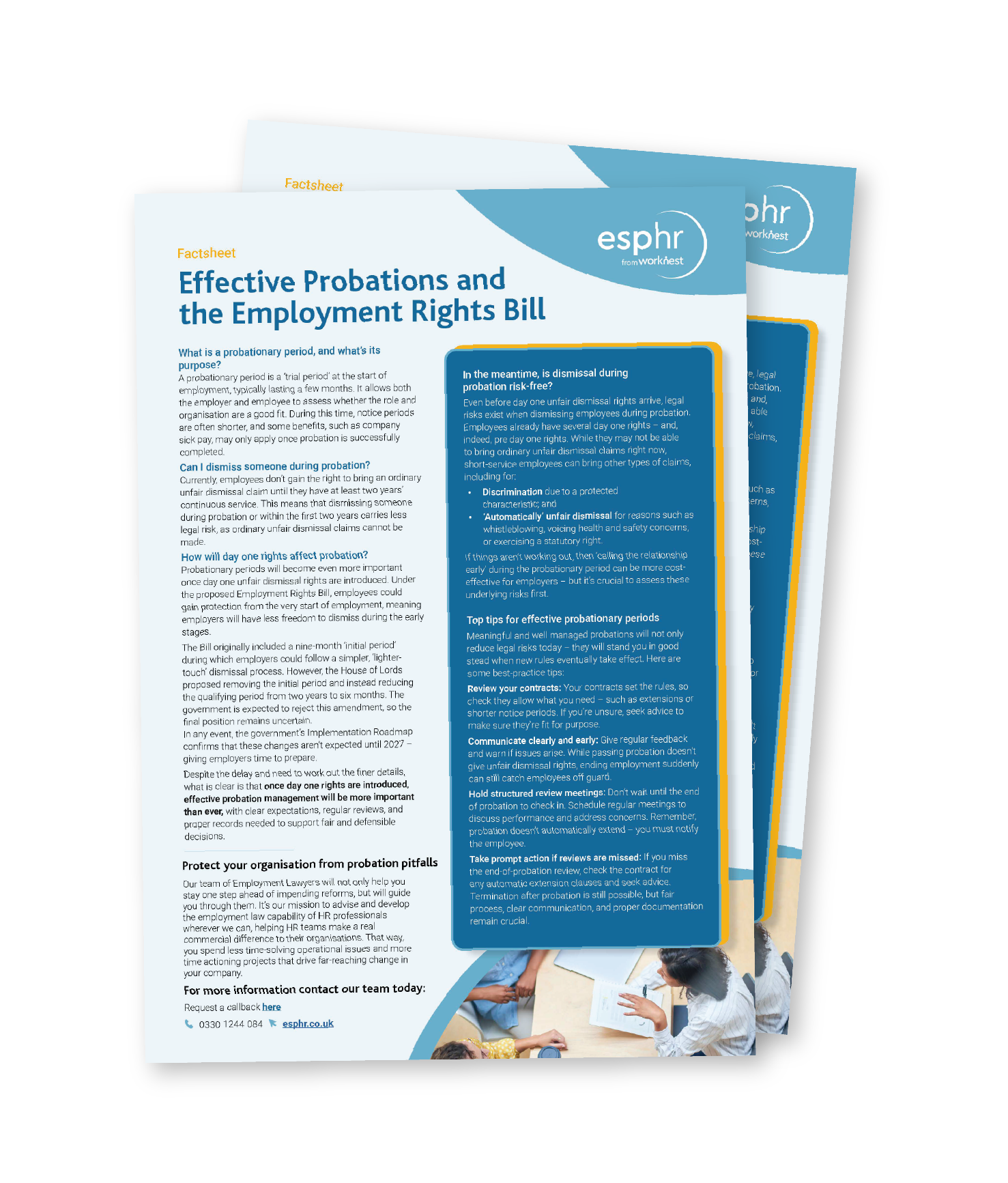Since the start of the Covid pandemic and the rise in the number of employees working remotely, there has been much debate about the appropriateness of terminating employment through remote means.
Recently, Alphabet Inc, the parent company of Google, caused a stir when they laid off 12,000 employees via email, and in November, thousands of Twitter employees were sacked via email which has sparked a rising number of staff launching legal action against the company.
Disgruntled former employees have spoken out about their dissatisfaction with the way they were let go, with one person tweeting, “It’s hard for me to believe that after 20 years at Google I unexpectedly find out about my last day via email. What a slap in the face.”
In employee relations, some actions are better performed in person, especially in delicate situations such as redundancy, where employees are given life-altering news. Face to face meetings demonstrate respect, compassion and empathy towards the affected employees and their situation.
However, with the shift towards remote working, in-person meetings may not always be possible. As such, if you’re contemplating reducing workforce costs due to rising economic factors, business expenses and reduced consumer demand, you may need to find ways to conduct the process remotely.
But, it is legal and wise to take this approach?
The law around redundancy
In regards to redundancy, there are certain crucial steps that employers must follow to ensure a fair procedure. One of these steps is to inform and consult with the affected employees, either individually or with their representative (in cases of 20 or more redundancies).
The pandemic has not altered redundancy laws and therefore, consultation meetings are still a vital part of the process. Employers cannot disregard this stage simply because it may be inconvenient, especially with the shift to remote work. There is no legislation that explicitly prohibits employers from conducting these meetings remotely.
Employers are expected to utilise available means to ensure consultation takes place. If in-person meetings are not possible, video conferencing may be the only feasible option.
The important factor is to guarantee that all affected employees are consulted meaningfully. This means that consultation goes beyond informing the employee of a pre-decided decision, as was done in the case of Google. It should involve a two-way conversation where views and information can be exchanged, with the ultimate goal of avoiding redundancy and discussing the selection process with the employee.
Consulting through video conferencing is considered more reasonable than email and may avoid questions about whether the consultation was meaningful.
Other considerations
Just because remote consultation is an option, it doesn’t mean it’s the best choice. Before opting for remote consultations, it’s crucial to consider other possibilities like in-person meetings, either at the workplace, employee’s home, or a rented space (if the cost is feasible).
It’s essential to keep in mind the human aspect of redundancies and your duty to be as fair and compassionate as you can towards your employees during this potentially life-altering moment for them. In any redundancy situation, being compassionate and authentic in your communications and treating people with dignity and respect is paramount. Credibility is crucial in these situations and your actions should align with your words. For instance, making someone redundant over email with condolences could come across as insincere. On the other hand, taking the time to meet can help build trust and turn a difficult conversation into a positive interaction.
If you cannot adequately protect your employees and need to explore other options, think carefully about how this may impact the process. Ensure that employees’ ability to express their opinions and have input on alternatives to redundancy isn’t affected. Remote consultations might cause distress, so it’s crucial to consider the employee’s preference. This could raise questions before an Employment Tribunal.
Telling someone they have lost their job over the phone, email, or text may breach consultation obligations and breed resentment, making it more likely that the employee will pursue a claim. In some cases, remote consultations may be the only option, for instance, if an employee has moved far away or abroad, but it’s about working out what is reasonable in all the circumstances, taking into account the size of your organisation and the resources available to you.




